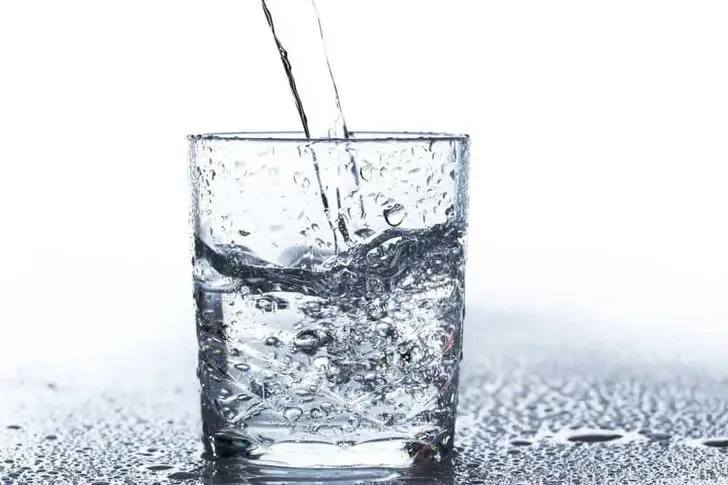20 Surprising Factors That Can Harm Your Kidneys
Advertisement
10. Importance of Fluid Intake

Water plays a vital role in our bodies, constituting approximately 60% of our composition. Fluid intake is essential for nutrient delivery, replacing lost fluids through sweat, and facilitating various chemical reactions in the body. Since our bodies cannot store water, it needs to be replenished daily. Adults can lose nearly 3 liters of fluid per day, emphasizing the importance of hydration.
Dehydration signs include dark urine, headaches, fatigue, and difficulty concentrating. However, excessive fluid intake can also be harmful.
A study published in Circulation found that excessive fluid intake can increase morbidity and mortality in individuals with stage 5 chronic kidney disease (CKD). Greater fluid retention in these patients is associated with a higher risk of cardiovascular death. It's essential to note that excessive fluid intake includes all beverages, foods with high water content, and soups. Almost all foods contain fluids, with certain fruits and vegetables consisting of approximately 90% fluid.

Individuals with specific needs, such as those on high protein or fiber diets, pregnant or breastfeeding women, physically active individuals, or those exposed to warmer conditions, may require higher fluid intake.
Consuming excessive water can lead to hyponatremia (water intoxication), a rare condition occurring when large amounts of water are consumed rapidly. In hyponatremia, the kidneys struggle to excrete the excess water, resulting in improper filtration and flushing. Symptoms include headaches, blurred vision, convulsions, brain swelling, and potentially death. However, consuming an extreme amount of water in a short time period is necessary for this condition to occur.
The kidneys play a vital role in our overall well-being, and it is important to make informed decisions regarding our diet and lifestyle to support their proper functioning.
